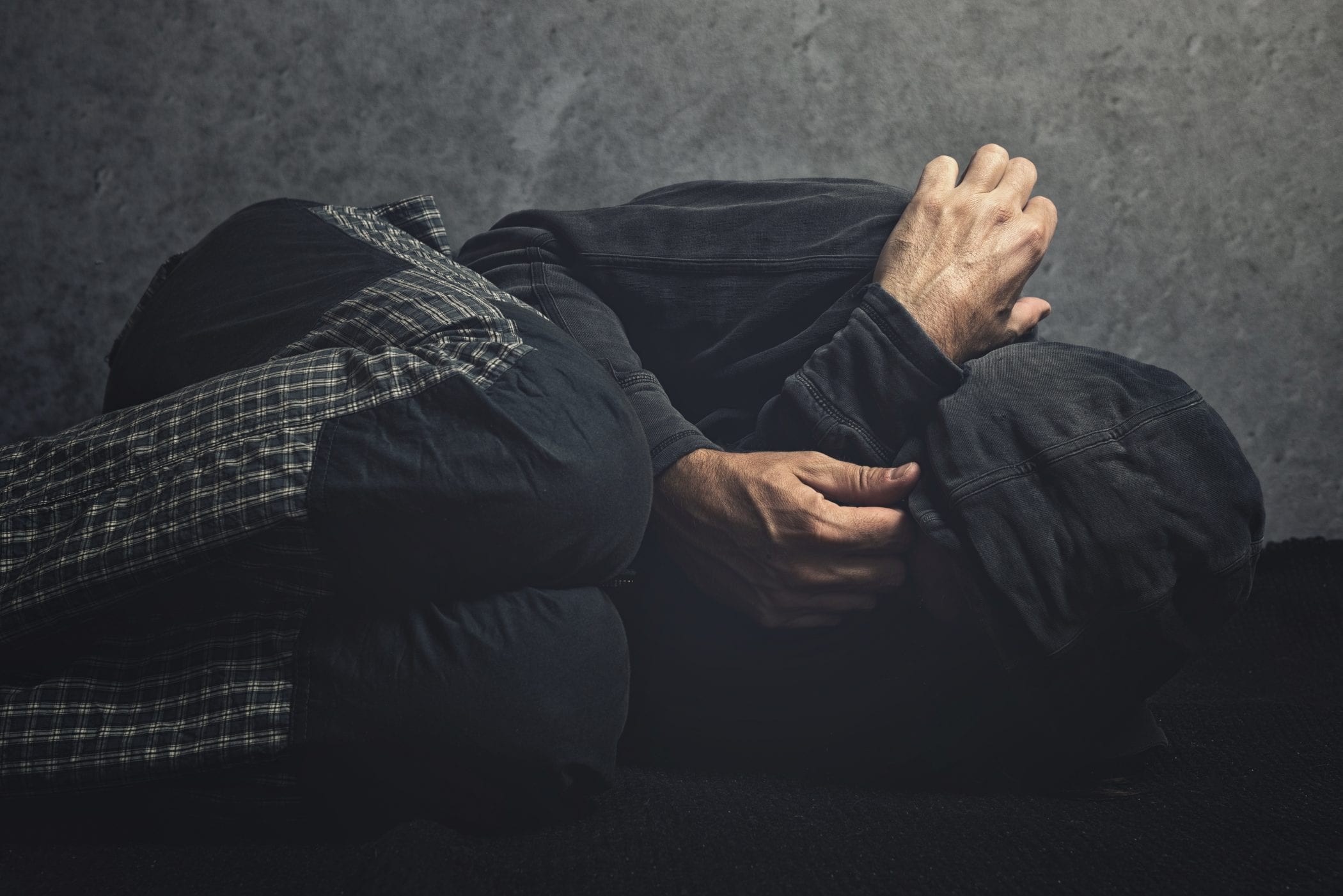 Many individuals get stuck in a cycle of substance abuse and addiction for many reasons, including because of how challenging withdrawal is. Withdrawal can feel like it takes over, making it hard to stay committed to sobriety. There are two main types of withdrawals, both of which are equally difficult on the body.
Many individuals get stuck in a cycle of substance abuse and addiction for many reasons, including because of how challenging withdrawal is. Withdrawal can feel like it takes over, making it hard to stay committed to sobriety. There are two main types of withdrawals, both of which are equally difficult on the body.
What is Withdrawal?
First, it’s essential to understand what withdrawal is. Withdrawal, also known as detox, is the process of cutting out entirely a substance that was being used regularly. Unfortunately, if you used the substance regularly, you may have developed a physical or psychological dependence on the drugs or alcohol. As a result, the abrupt halt in substance use can lead to unpleasant symptoms, ranging from mild to severe.
The severity of withdrawal symptoms can depend on factors such as:
- How long you’ve been using
- How much and how frequently you’ve been using
- Age
- The substance
- Your overall health
- Psychological characteristics
What are the Two Types of Withdrawal?
You can become physically or psychologically dependent (or both) on a substance.
Physical Dependence
Physical dependence impacts your body. Your body becomes reliant on the substance, and it has an adverse reaction to sudden sobriety. The addictive chemicals in drugs can cause chemical level variations in your brain, which change your brain and lead to physical dependence.
Common physical withdrawal symptoms are:
- Depression
- Insomnia or sleeping problems
- Anger
- Gastrointestinal problems
- Trembling
- Seizures
Psychological Dependence
As the name implies, psychological dependence is when you become emotionally and mentally reliant on a substance. You start to believe that you need the substance to function, such as to be social, to get through your day, to unwind, and more. This type of dependence impacts how you behave, especially when you’re attempting to go sober.
Some common psychological withdrawal symptoms are:
- The feeling like getting sober is not an option for you
- Continuing substance abuse even when negative consequences are apparent, such as health issues
- Obsession
- The feeling that you need to use the substance to get through life
- Developing a dependency and taking larger portions
- Starting to develop high-risk behavior to get your next dosage, such as buying from strangers
Many people experience a combination of physical and psychological withdrawal symptoms, but that doesn’t mean they can’t be overcome.
How to Handle Withdrawal
As your body and mind are working against you during withdrawal, it can be beneficial to get professional help. First, rehabilitation facilities can make sure you go through withdrawal safely. For some individuals, detox can be potentially life-threatening, and medical issues may arise. As a result, detoxing in a professional setting with qualified medical staff nearby is the safest option.
Secondly, some rehab facilities – including America’s Rehab Campuses – offer medical detox. Medical detox uses medication to lessen the shock and stress of going sober on your body and mind. This helps to ease the severity of withdrawal symptoms and reduce the risk of medical complications.
Get Help Today
Don’t let a fear of withdrawal stop you from getting sober and taking back control of your life. Addiction is a life-threatening disease that hurts you and your loved ones. America’s Rehab Campuses can help you detox in a safe, comfortable setting, whether that be with inpatient or outpatient programs. Contact us today to find out more and get started.

